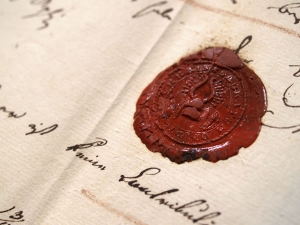The Role and History of Notaries in the UK
Notaries are the oldest and smallest branch of the legal profession in the United Kingdom. A notary is a qualified lawyer and, like solicitors or barristers, is entitled to use the title of “lawyer.”
The Function of a Notary
The functions of a notary are broad and carry great responsibility. A key duty is to certify documents and transactions so that they are accepted overseas. By authenticating acts, documents, and signatures, a notary ensures that these carry legal effect in other countries.
To achieve this, a notary must check facts carefully and keep detailed records. Identifying clients accurately is an essential part of the role. This obligation existed long before modern money-laundering laws but is now also regulated by legislation such as the Proceeds of Crime Act 2002 and the Money Laundering Regulations 2007 and 2012.
Identification Requirements
For private clients:
-
Current passport or photo driver’s licence
-
Proof of address less than three months old
For corporate clients:
-
ID for the authorised signatory
-
Company incorporation documents
-
A board resolution authorising the signatory
Qualification and Training
Becoming a notary requires years of legal training, followed by a two-year supervision period. Once qualified, a notary must hold professional indemnity insurance, complete continuing education, and comply with strict regulation. Many notaries are also solicitors, while Scrivener notaries specialise in languages and international law.

The History of Notaries
The origins of the notarial profession trace back to ancient Rome. Scribes, and later “notarii,” recorded official transactions and ensured accuracy in public and private affairs. In England, the profession developed further in the 16th century when King Henry VIII took authority to appoint notaries. The Ecclesiastical Licenses Act 1533 later transferred regulation to the Archbishop of Canterbury, where it remains today.
Over time, laws such as the Public Notaries Act 1801 and the Legal Services Act 2007 have shaped the profession into its modern form. Today, notaries remain highly respected for their independence, accuracy, and vital role in international legal matters.







 Our Offices are located directly opposite the front of Charing Cross train station at:
Our Offices are located directly opposite the front of Charing Cross train station at:







